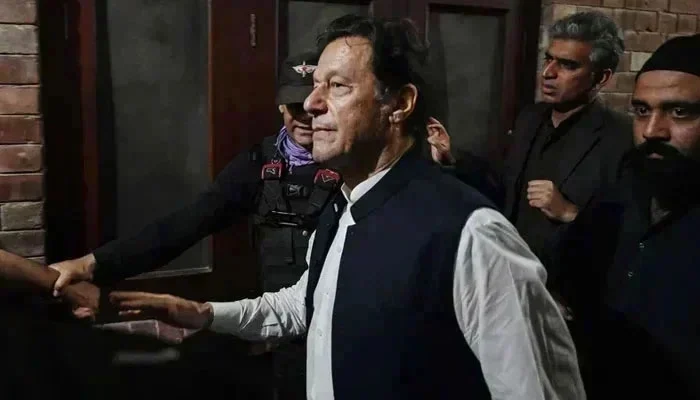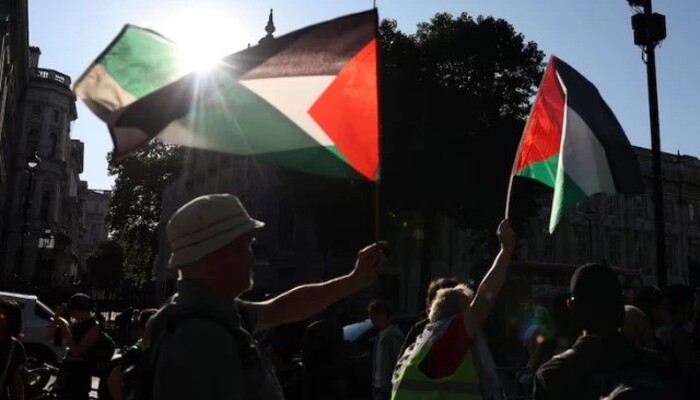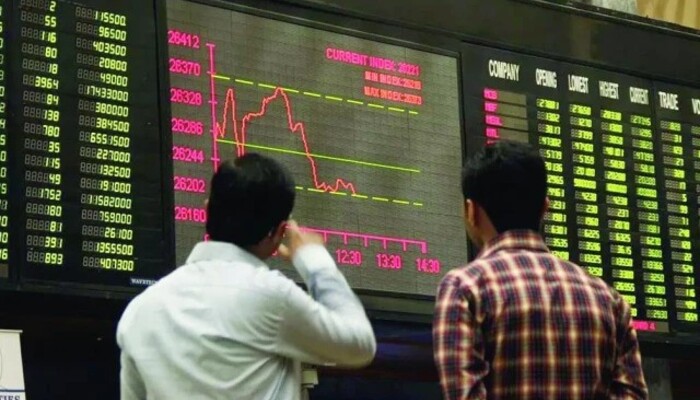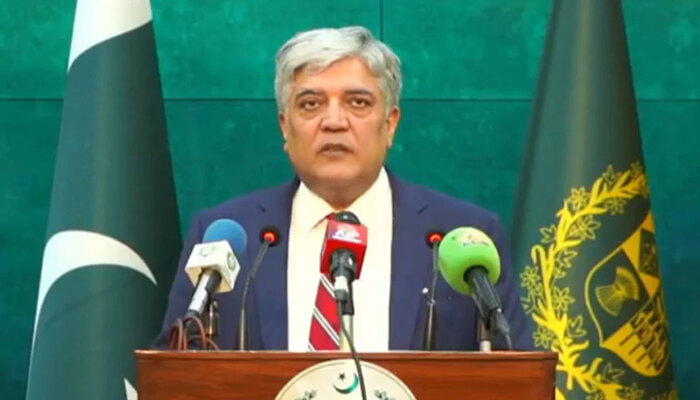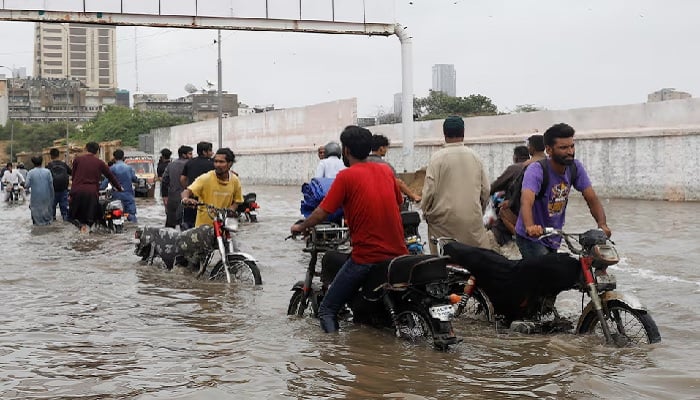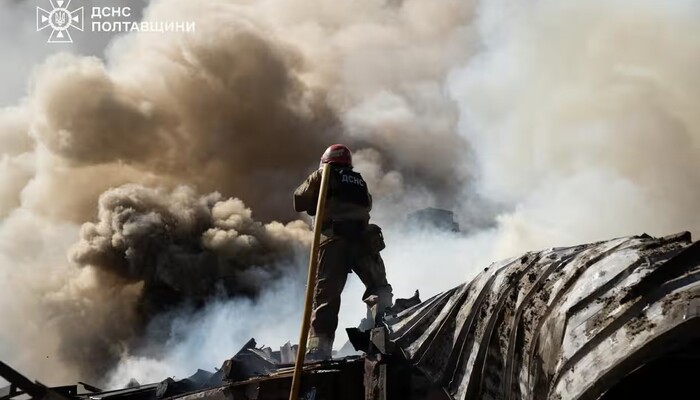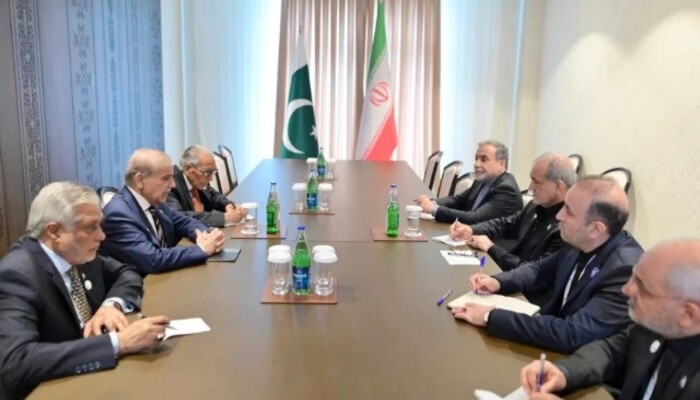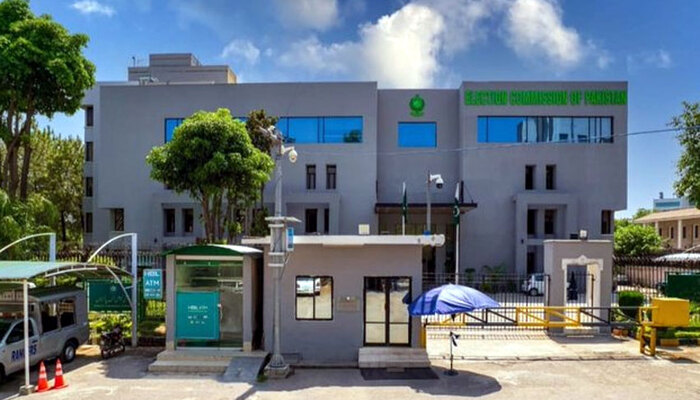
The ECP reserved seats notification released on July 2 confirms the distribution of reserved seats for women and non-Muslims in the National Assembly and three provincial assemblies. The Election Commission of Pakistan (ECP) officially declared the returned candidates, marking a critical step in the post-election process.
National Assembly Distribution
In the National Assembly, the Pakistan Muslim League-Nawaz (PML-N) secured the largest share with 13 reserved seats. The Pakistan People’s Party Parliamentarians (PPPP) followed with four seats, while the Jamiat Ulema-e-Islam Pakistan (JUI) obtained two. These seats were allocated based on party strength in the general elections, allowing major parties to solidify their representation.
Khyber Pakhtunkhwa Assembly Breakdown
In Khyber Pakhtunkhwa, JUI emerged as the leading party for reserved seats, claiming ten in total. Both PML-N and PPPP secured seven seats each. The Awami National Party (ANP) earned a single reserved seat, highlighting its limited but notable presence in the province.
Read: Nepra Announces Rs1.15 Cut Per Unit for Most Users
Punjab Assembly Allocations
The PML-N maintained a dominant position in Punjab’s assembly as well, with 23 reserved seats. The PPPP received two, while Istehkam-e-Pakistan Party and Pakistan Muslim League (different from PML-N) gained one seat each. This reflects PML-N’s continuing influence in the country’s most populous province.
Sindh Assembly Sees PPPP Lead
In Sindh, the PPPP added two reserved seats to its tally, maintaining its stronghold in the province. The Muttahida Qaumi Movement Pakistan (MQM-P) secured one seat, maintaining its urban support base, particularly in Karachi and surrounding areas.
Political Landscape Takes Shape
The announcement of reserved seats finalizes the composition of the assemblies and paves the way for legislative activities to begin. With key parties now having confirmed numbers, coalition-building, committee formation, and policymaking are set to move forward. These allocations will play a pivotal role in shaping the direction of governance and opposition roles across Pakistan’s legislative bodies.
Follow us on Instagram, YouTube, Facebook,, X and TikTok for latest updates




